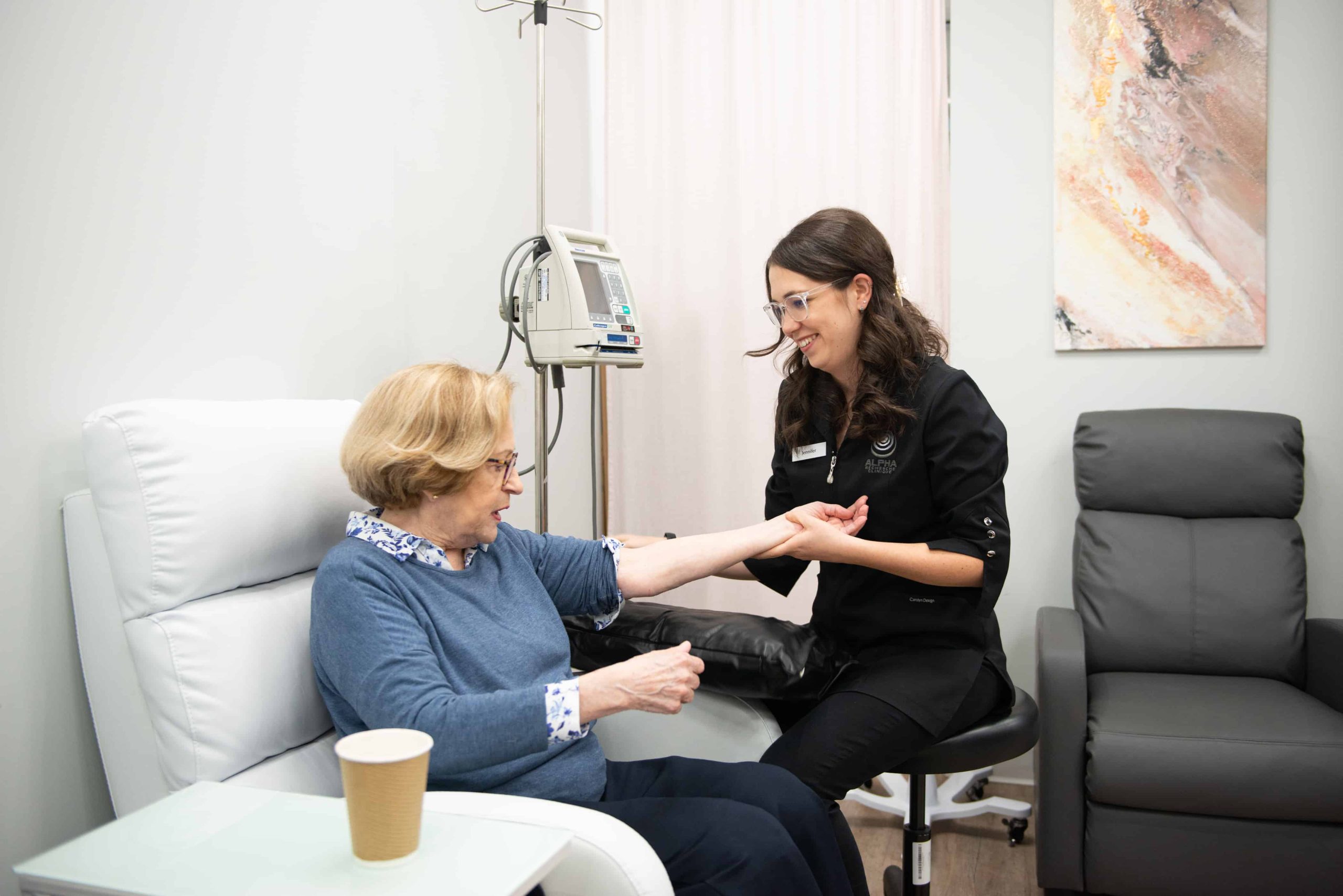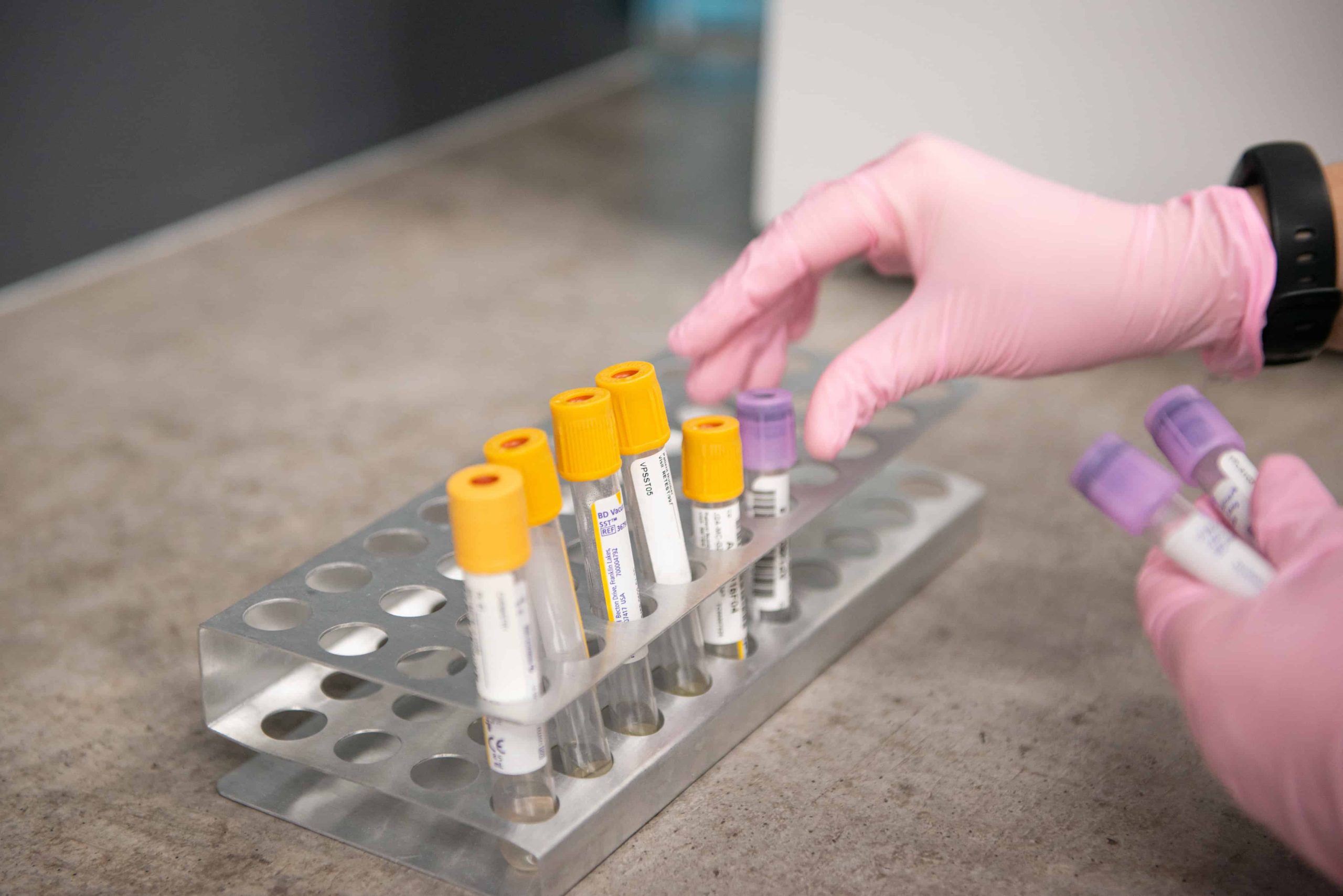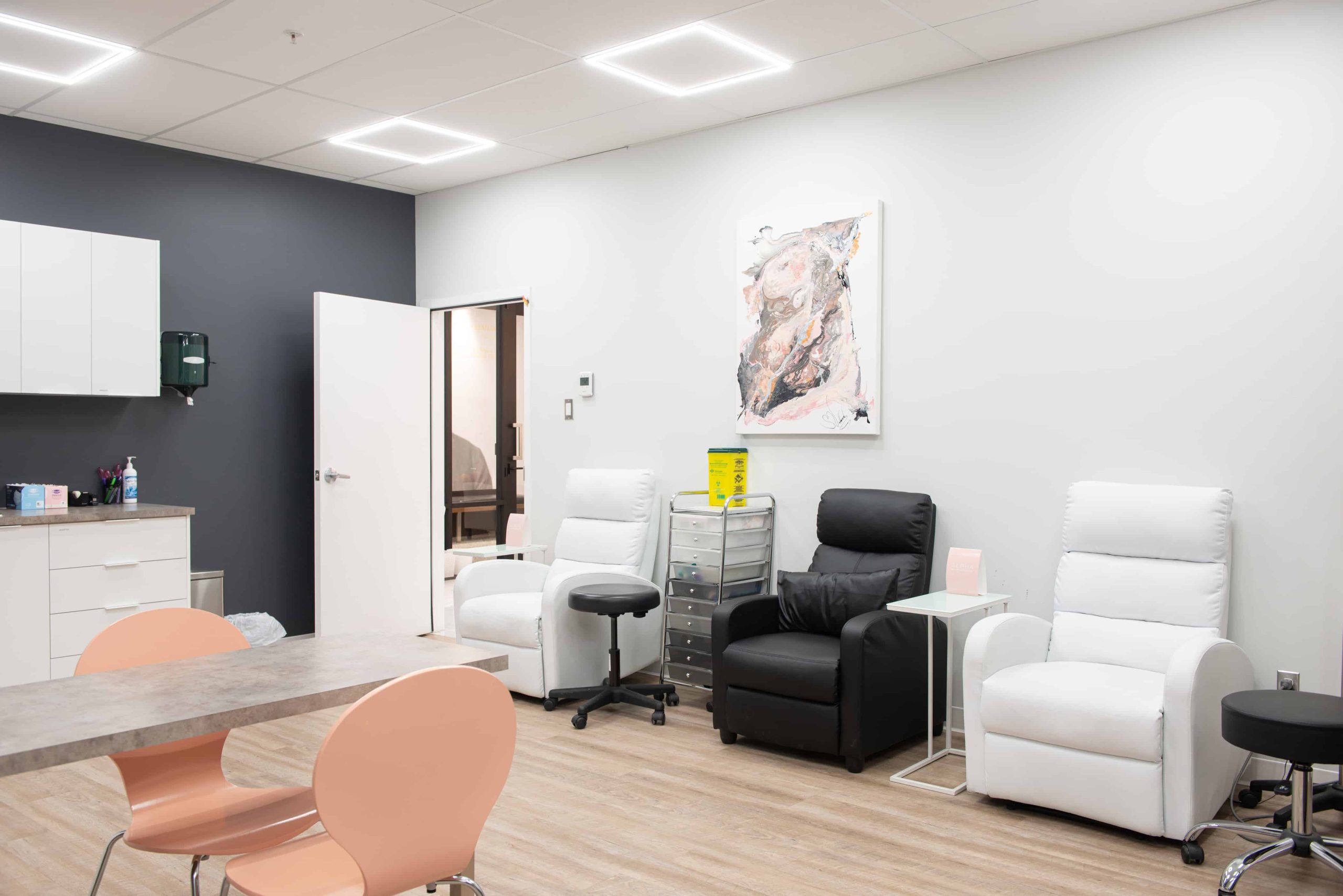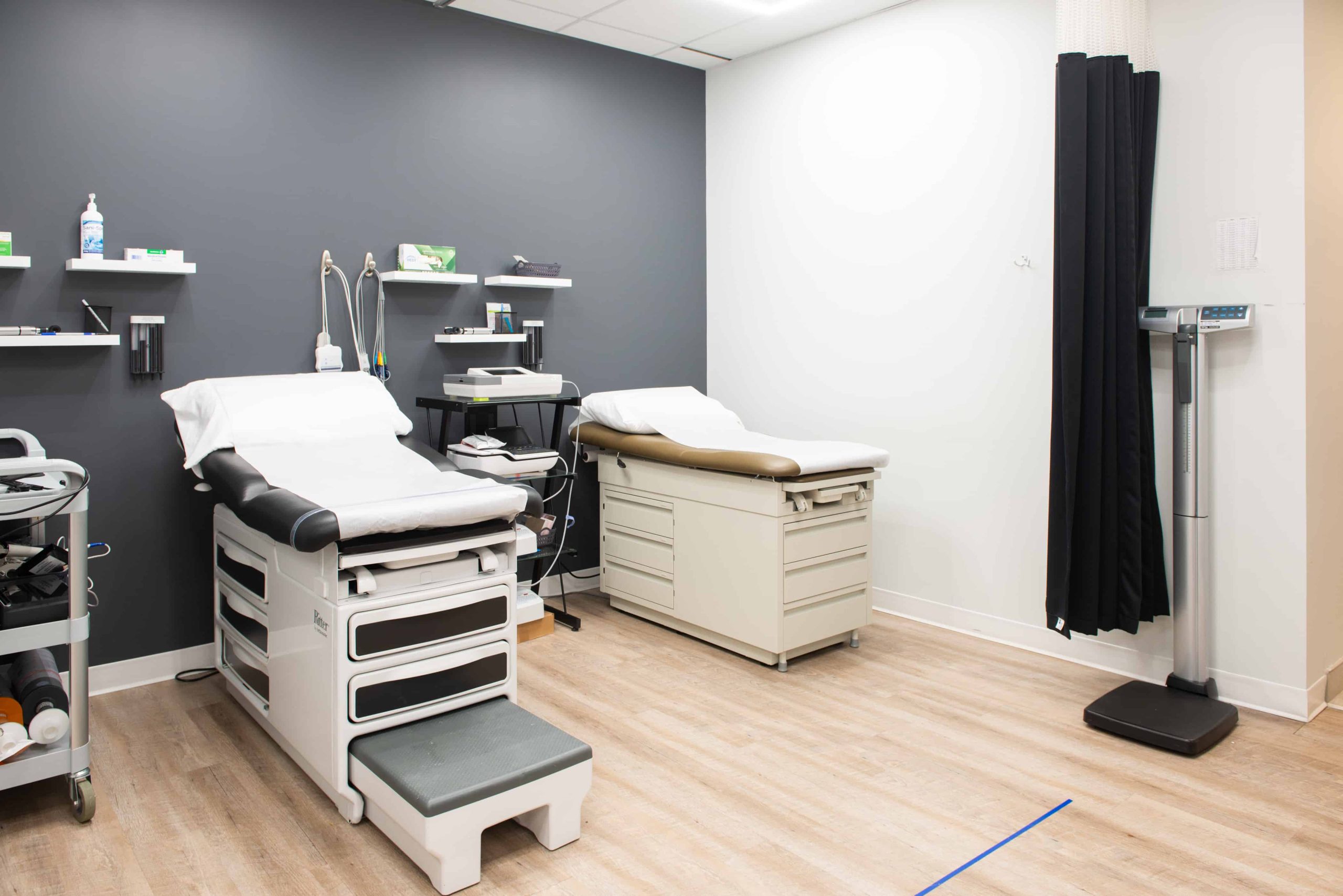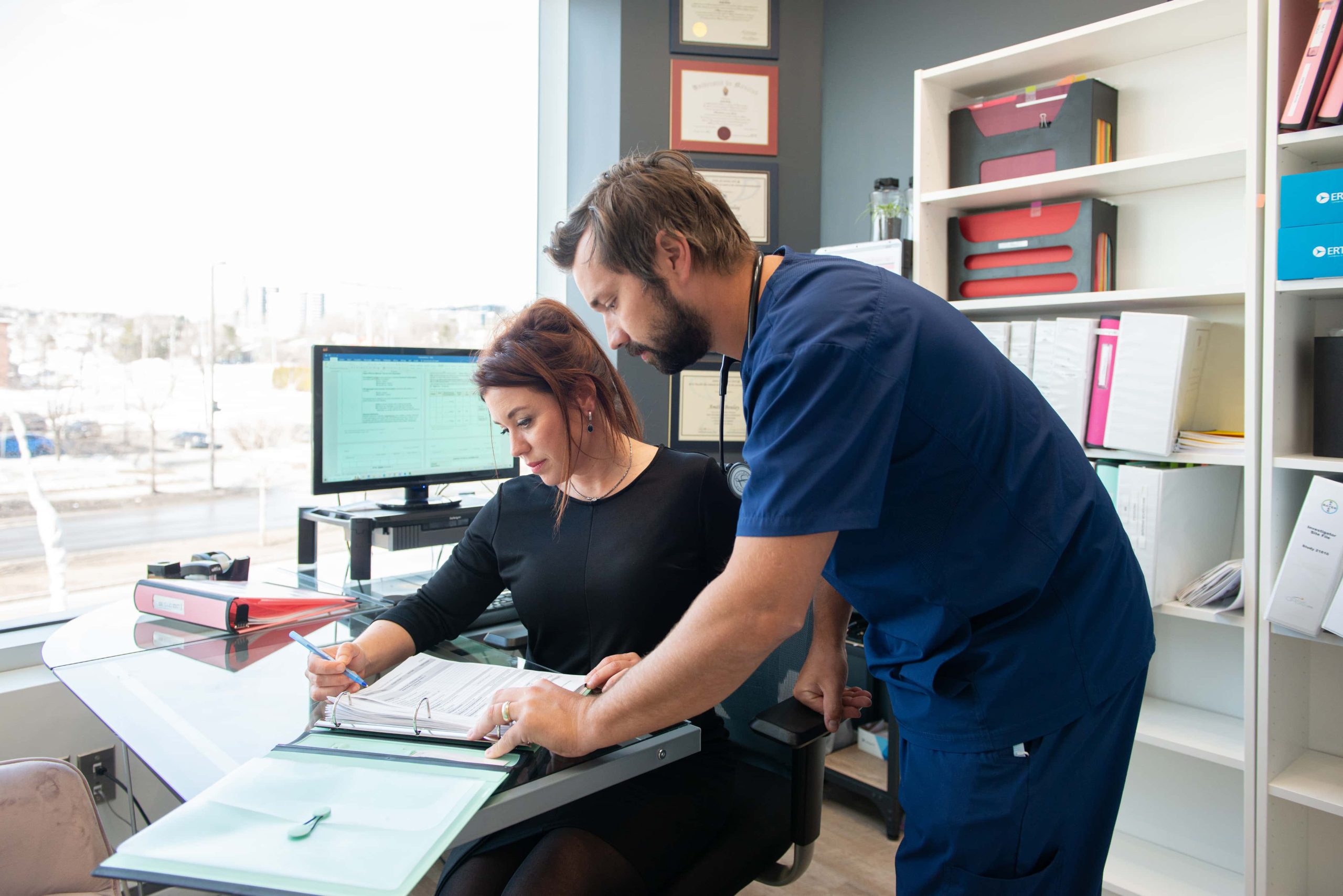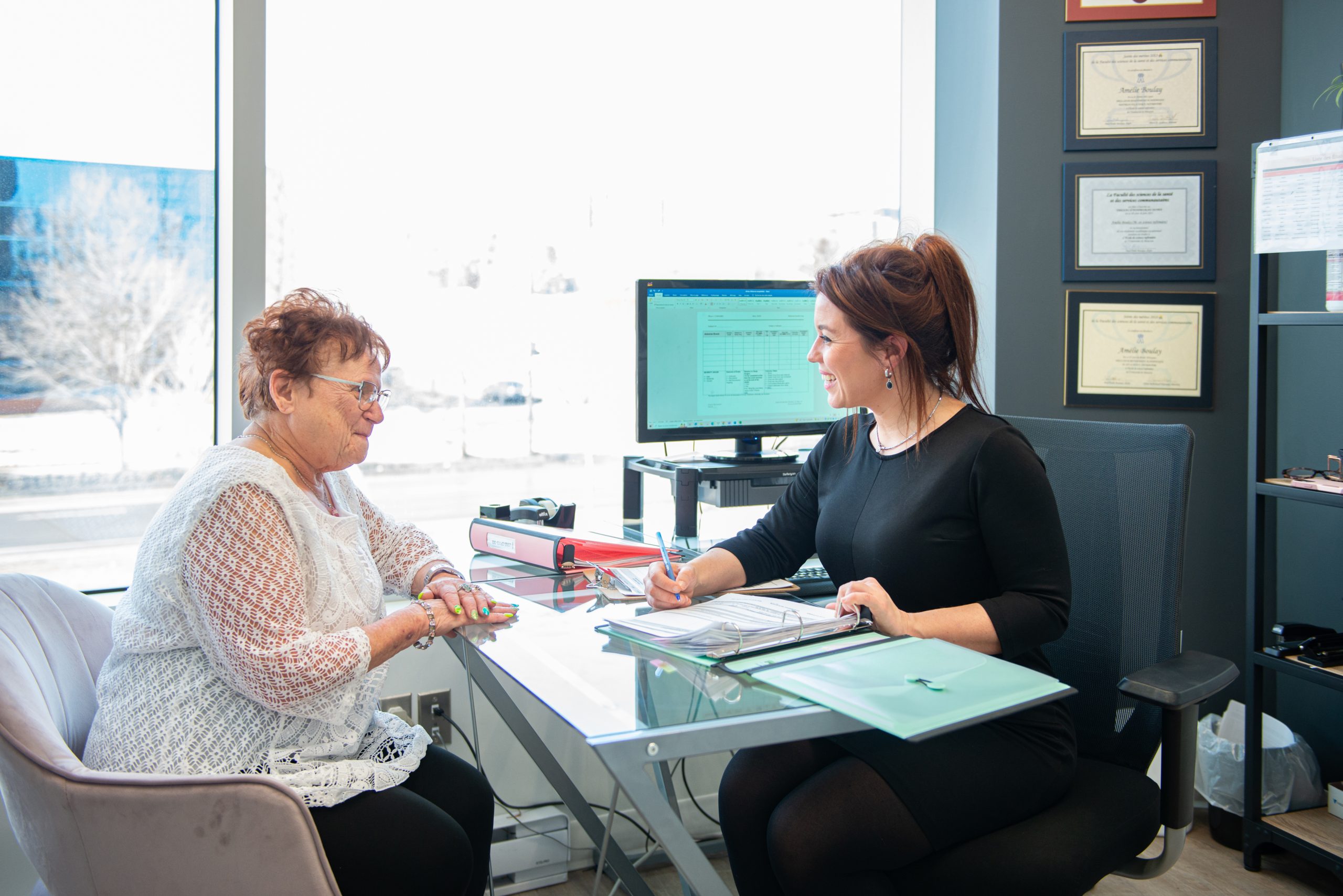How do I participate in a study?
You can contact us by phone at the clinic of your choice depending on your location or you can complete the form in the Contact section. We can then answer your questions and check your eligibility according to your interest.
Is it possible to stop my participation during the study?
Your participation in a clinical study is voluntary and nothing can be done without your free and informed consent. If you decide to accept, you can stop your participation at any time without having to justify the reason and without having to suffer any consequences. Your decision will have neither impact on the quality of care received nor your relationship with clinic staff. Your possible participation in other clinical trials will not be compromised.
Will I be paid?
Your participation in this study will not cost you anything. You will receive an allowance that consists of financial compensation to cover your travel expenses.
Do I have to report the financial compensation received?
No, the money you receive as financial compensation during your clinical study visits should not be reported for your taxes.
What is a placebo?
In a randomized Phase 3 study, that is, treatment is compared to another treatment, no treatment or placebo, there is the possibility of receiving placebo. It is an inactive product, a “flour pill”, substituted for a drug to test the psychological mechanism of the study medication. It therefore has no pharmacological or therapeutic effect.
Is the study drug already on the market?
Usually not, unless the study is phase 4. The advantage of participating in a study is to access a drug before it is marketed. And for some diseases, the only way to access treatment is through clinical trials because no drugs are available.
What is the difference between the different study phases?
The clinical trials are divided into four phases, we are conducting Phase 2-4 studies:
Phase 1 : The drug is evaluated on a small group of voluntary and healthy subjects to assess the safety of the drug, tolerance, determine a safe dosage and detect side effects.
Phase 2 : Trials are conducted on a larger number of participants (100 or more) and they must have the desired health condition. The objective is to determine the effectiveness of treatment on a particular disease or disorder and to determine the optimal dosage by checking for efficacy and tolerance.
Phase 3 : Trials are conducted on an even larger number of participants (1,000 or more) and they must have the desired medical condition. These randomised trials aim to compare the drug tested with an effective treatment already on the market or placebo. The goal is to determine the benefits versus the risks and gather any information that will allow it to be used safely before it enters the market.
Phase 4 : These clinical trials are carried out following the commercialization of the drug, that is, its marketing. It has several hundred to several thousand participants. The aim is to verify on a large scale and under real conditions of use the effectiveness, benefits and adverse effects that have not been highlighted in previous phases.
